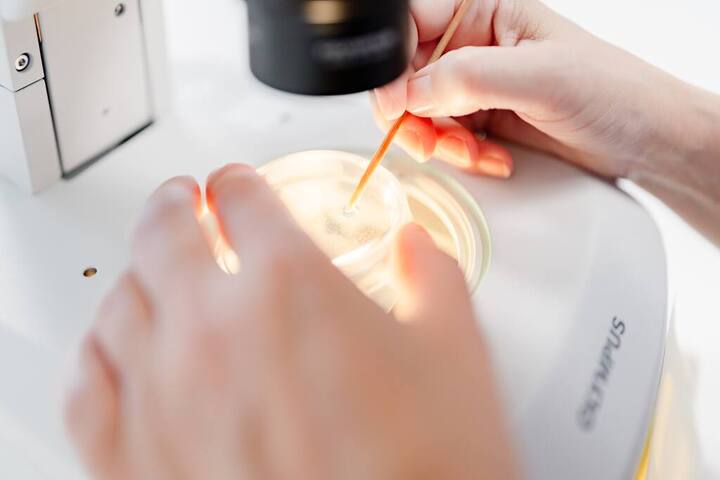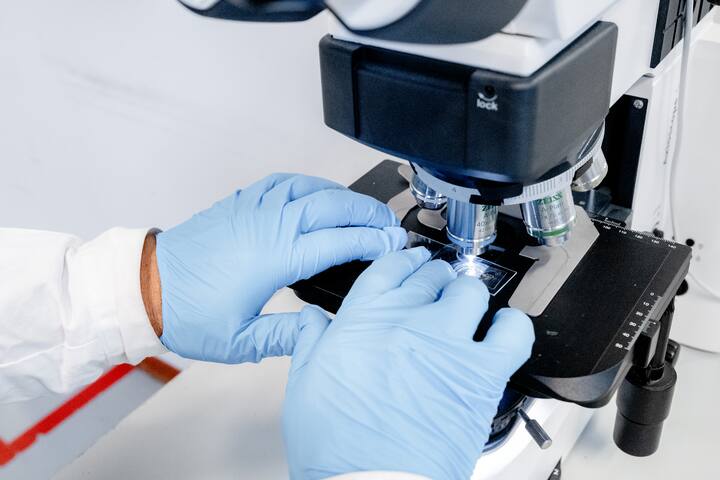
The importance of nematode research
7 February 2025
The importance of nematode research for the cultivation of vegetables and arable crops, flower bulbs, perennials, trees, turf and fruit
Nematodes, microscopic worms that live in the soil, have a major impact on soil health. Depending on the species and their population levels, nematodes can be either harmful or beneficial. Normec Robalab offers specialized nematode research that is essential to gain insight into your soil. We are happy to share five risks of not conducting nematode research and the consequences this can have for crops, sports fields, golf courses and soil in general.
The five main risks
Loss of crop yield and soil quality Nematodes feed on crop roots, which can reduce the uptake of water and nutrients, and cause growths, branching and deformities. This results in reduced yields, quality losses and damage to plantings. This risk is particularly high in open-field cultivation, where plants are in direct contact with the soil. The impact on sports fields and golf courses can also be significant, reducing playing quality and overall experience, and even limiting the use of fields and courses.
Spread of plant diseases Some nematodes spread plant diseases, such as viruses. This can result in large-scale damage and potentially the loss of entire harvests, plantings and trees. Losses of many thousands of euros per hectare are not uncommon.
Increasing pest pressure Harmful nematodes can lead to a rise in soil-borne diseases and pests. In a greenhouse environment, growers can better control these risks through controlled growing conditions. Open-field cultivation, however, offers far less protection, as plants and trees are in direct contact with the soil. Sports fields and golf courses can also face increasing pest pressure.
Increased use of chemical agents Without knowledge of the nematodes in your soil, you are more likely to rely on chemical crop protection products in response to unexpected pests. This not only raises production costs but is also harmful to the environment and biodiversity.
Missed opportunities for crop optimization Nematode research provides valuable insights that can be used to optimize growing strategies and improve yields and quality. Without this information, growers risk missing opportunities for improvement and innovation.
At Normec Robalab, we are ready to help you identify and monitor nematodes, as well as to implement effective and sustainable measures. By taking a proactive approach to nematode management, you can grow healthy crops, increase productivity and improve soil quality.
'Nematode research is more important to us than fire insurance for our home'
100% certainty with nematode testing by Normec Robalab
Normec Robalab distinguishes itself by conducting advanced nematode research. We provide our partners with detailed information about the presence and impact of nematodes in the soil. Through microscopic analyses, we accurately identify the different nematode species and determine their population density. This information is highly valuable for soil health and crop management decisions. In addition, we operate under various accreditations, authorizations and recognitions, including RVA accreditation (ISO 17025), ASLN recognition and RHP accreditation. Leon Swinkels, nematode expert at Normec Robalab: ‘Unlike DNA testing, microscopic analysis is not standardised and is done manually. This means that all nematodes in a sample are analysed under the microscope. This guarantees our quality.’

